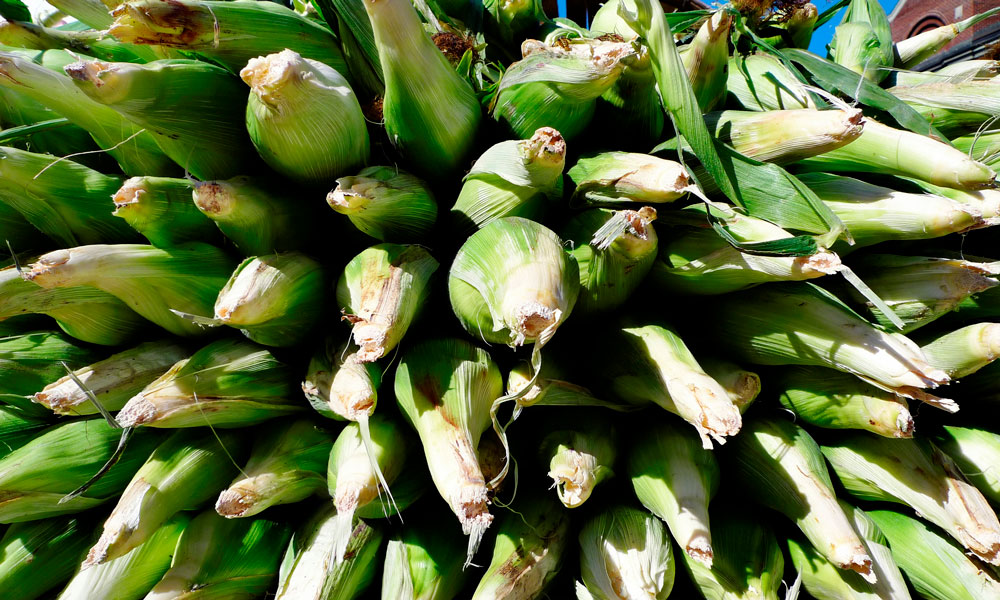
New Association Aims to Win Over Organic Farmers With Grassroots Approach
The just-announced Organic Farmers Association hopes to give producers in the sector an offering that puts small and large suppliers on equal footing.
A new trade group says it will give a fresh voice to the organic farmers of the world.
The Organic Farmers Association, announced Wednesday, will offer (among other things) advocacy support, information-sharing, and access to industry research.
OFA, which has the backing of the nonprofit Rodale Institute, is being supported on the advocacy front by Elizabeth Kucinich, the well-known environmental advocate who recently helped another organic-friendly group, the Plant Based Foods Association, get off the ground.
In a news release announcing the launch, Kucinich noted that organic farming is poorly understood by legislators.
“We have a tremendous opportunity to bring organic farmers’ voices and their experience with agriculture to policymakers in Washington, DC,” she said. “Policymakers have not yet grasped the significance of organic agriculture for resilient, reliable, nontoxic food production, and its ability to mitigate climate change while restoring our nation’s soil health. We have an opportunity to benefit organic farmers, while positively impacting our nation’s health and mitigating our climate crisis.”
Membership is being offered at a rate of $100 per year.
OFA enters the scene while controversy over a new federal GMO labeling law is still fresh. Some organic industry and consumer groups say the law does not require enough transparency about genetically modified organisms used in producing a food item. The Organic Trade Association has been criticized for supporting the measure.
OFA says it will stand out in the organic space by emphasizing its grassroots. In crafting its policy platform, for example, each farm—large or small—will get a single vote. Rodale Institute Executive Director Jeff Moyer said this approach will help create an organization that gives its members something a little more … y’know, organic.
“A lot of people say they speak for farmers,” Moyer said in a news release. “But there are no national organizations that exist specifically for organic farmers, by organic farmers. A lot of organic farmers are still isolated in their communities. We’d like to unite the nearly 20,000 organic farms around the country to provide that voice, provide a network, and provide the resources that farmers need to be successful.”
(iStock/Thinkstock)






Comments